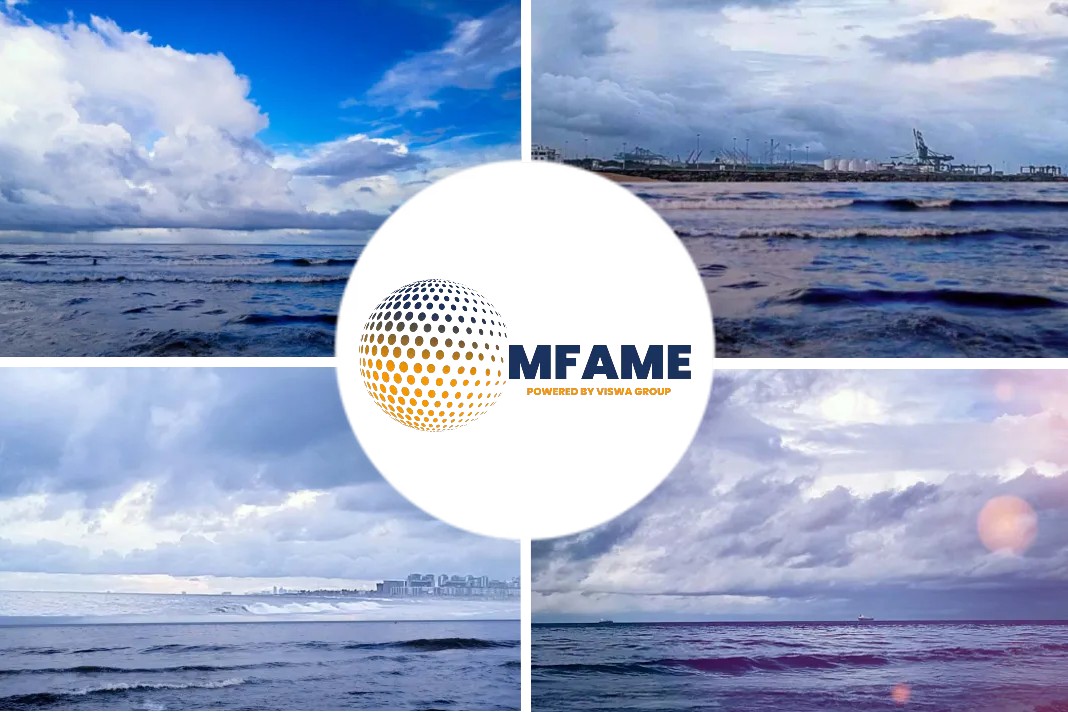The International Union of Marine Insurance (IUMI) has highlighted three areas of risk it needs the maritime industry to tackle to prevent fires, reports Riviera.
Cause of fire
It cites fires from engineroom machinery, fires from misdeclared container cargo and the potential impact of adopting alternative fuels to reduce greenhouse gas (GHG) emissions.
These are also a concern for the salvage industry, which tackles fires at sea and is considering how to respond to ships running on alternative fuels when they sail into trouble.
IUMI’s Ocean Hull Committee highlighted the long-term sustainability of the hull and machinery insurance sector during IUMI’s annual conference in Chicago, US.
The frequency of onboard fires in both the engineroom and cargo areas continues to be a worry, particularly for car carriers and container vessels. The committee said the recent increase in engineroom fires “may reveal some underlying risk including crew competencies and modern technologies.”
It encourages the maritime industry to improve seafarer training on maintaining new engineroom machinery and energy storage systems to prevent future accidents.
Fires on board large container ships continue to impact hull, cargo and P&I insurance and can result in a tragic loss of life, ships and assets and environmental damage.
Preventions
The Ocean Hull Committee said the main cause appears to be misdeclared or nondeclared dangerous cargoes in containers.
“Much work is being done to address this issue and IUMI is at the forefront of lobbying for change,” said IUMI.
Cargo insurers face persistent challenges including rising cases of onboard fires, misdeclared cargoes, worsening severe weather conditions including stronger winds and waves, floods and wildfires.
With the increased value of ever-larger vessels and single port sites, the risk of large event losses continues to grow.
Fires occurred on more than 1% of the container ship fleet in 2021, with 0.4% of the fleet experiencing fires incurring over US$500,000 in claims.
The Ocean Hull Committee is also worried about the medium- to long-term impact on risk from the shipping industry implementing its GHG 2050 strategy to minimise carbon emissions.
While decarbonisation of shipping is underway, it remains a long way from reality, and there is a lot of uncertainty and hesitation from both shipowners and insurers due to the lack of regulation and market-based incentives.
“The expectation is there will not be one solution or fuel going forward, but rather a number of these – provided also that the infrastructure on land is in place,” said IUMI.
“From an insurance perspective, focus is on identifying risks related to the new fuels, how to mitigate them and engaging with class and regulators to develop necessary rules, standards and guidelines to ensure a safe transition.”
IMO has formed a Safe Decarbonisation panel to set a clear path for collaboration and discovery through all stakeholders and the scientific community.
“Underwriters should get more understanding of the risk and the rules to mitigate those risks,” said IUMI.
Did you subscribe to our daily Newsletter?
It’s Free! Click here to Subscribe
Source: Riviera



















